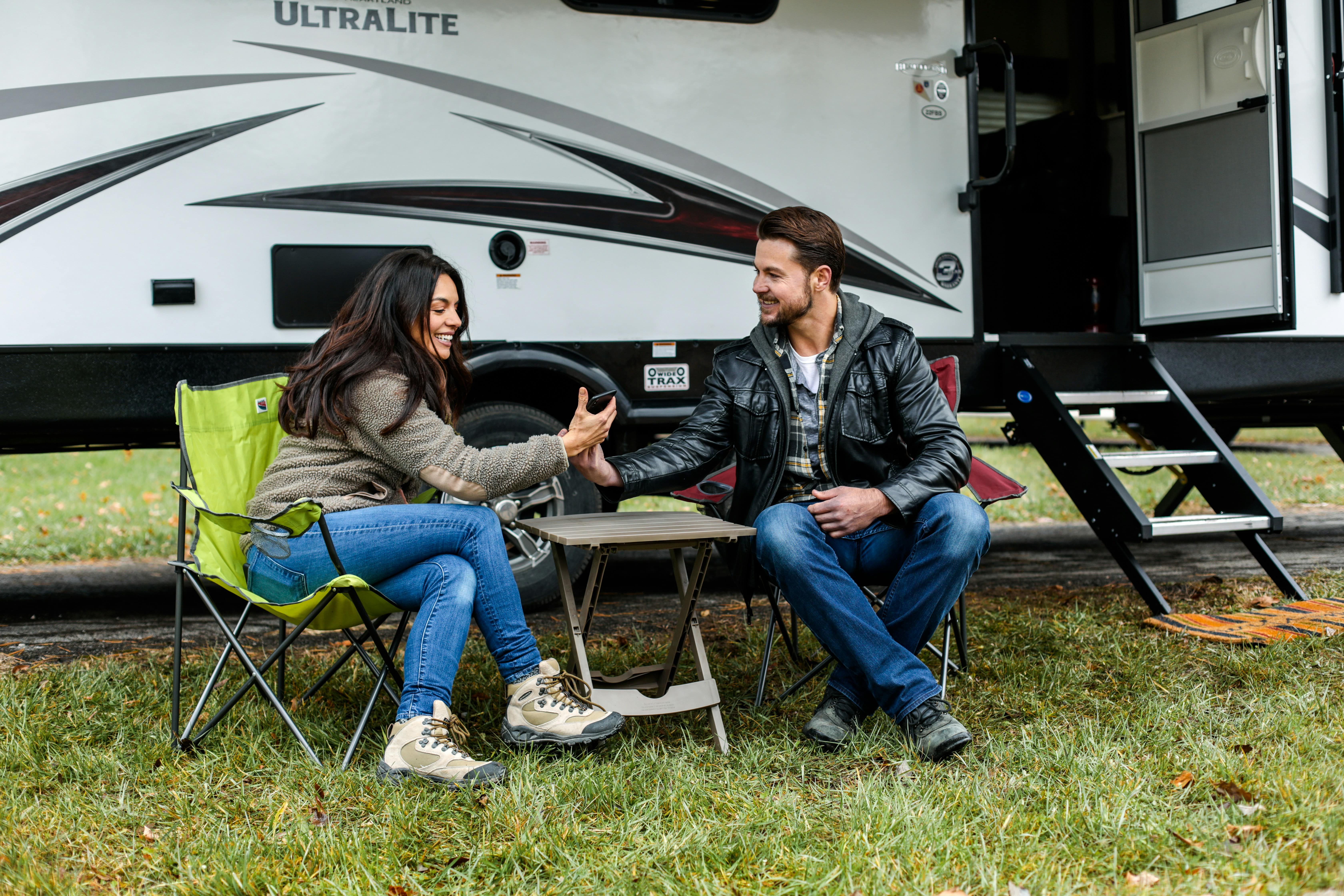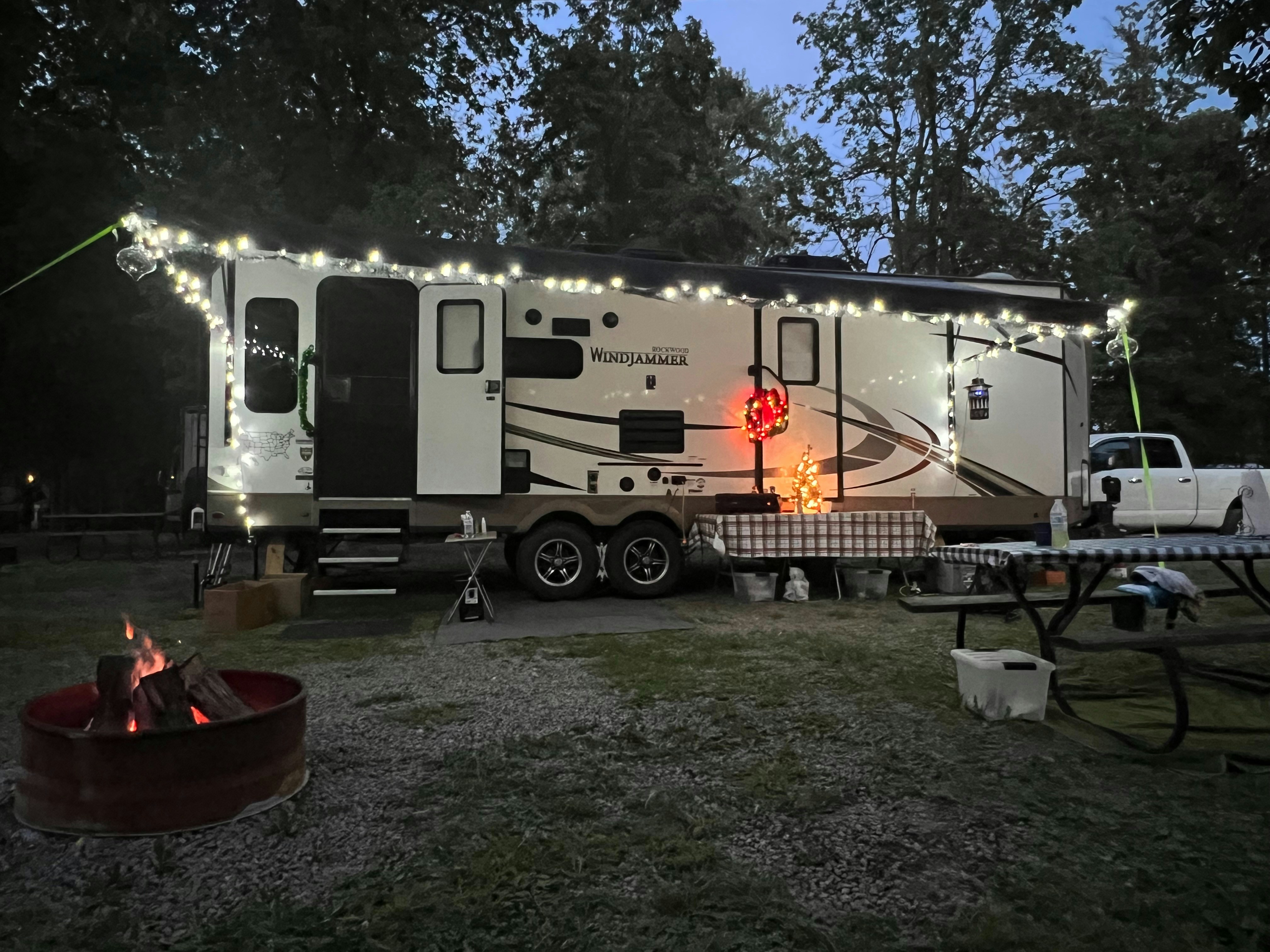Learn what driver license you need for different types of RVs and hit the road confidently on your next camping adventure.

If you have ever looked at a huge motorhome and thought, “Do I even need a special license for that thing?”—you are not alone. The idea of driving something as big as a small house can make even seasoned campers pause for a second. But do not worry. By the end of this guide, you will have a clear understanding of what kind of driver license you need for different types of RVs.
Why Your License Type Matters
When it comes to RVs, one size does not fit all—especially when you are talking about licenses. Driving a compact camper van is nothing like steering a 40-foot Class A motorhome down a winding mountain road. That is why states have certain driver license requirements depending on the size and weight of your RV.
Think of it this way: a small travel trailer is like driving a family SUV, while a massive motorhome is closer to driving a bus. The rules are there for your safety, the safety of your passengers, and everyone else on the road.
The Basic Rule of Thumb
Here is a simple rule to remember:
- Most campers and smaller RVs can be driven with a regular driver license (Class D in most states).
- Heavier RVs or those towing large trailers may require a special endorsement or a commercial-style license (CDL or non-commercial Class B or C) depending on the total weight.
But before you panic, let’s break it down in plain language.
Class A, B, and C RVs: What You Need to Know
There are three main types of motorized RVs, and the type you own affects what license you need.
Class A Motorhomes
These are the largest RVs—think of a luxury bus with a kitchen, bathroom, and maybe even a washer and dryer. Some of these can weigh up to 26,000 pounds or more.
- In most states, if your RV weighs less than 26,000 pounds, your regular license is fine.
- If it weighs over 26,000 pounds, you might need a non-commercial Class B license.
A good example is if you are traveling cross-country in a big Class A RV. You want to be sure you can legally handle it—literally and legally!
Class B Camper Vans
Do not let the name confuse you—Class B RVs are actually the smallest type of motorhome. These are built on a van chassis and can usually be driven with your standard driver license.
If you can drive a regular van, you can handle one of these just fine.
Class C Motorhomes
These are the mid-sized RVs, easily recognizable by their over-cab sleeping area. They often weigh between 10,000 and 20,000 pounds, so your regular driver license usually works unless you plan to tow something heavy behind it.
Towable RVs and Trailers
Not all RVs have their own engine. Many campers prefer towable options, such as travel trailers, fifth wheels, or pop-up campers. Here is what you should know:
- Travel Trailers and Pop-Ups: If your combined vehicle and trailer weight is under 26,000 pounds, your standard license works.
- Fifth Wheels and Heavy Trailers: If the total weight goes over 26,000 pounds, you might need a special endorsement or non-commercial Class A license.
A simple way to check? Look at your vehicle’s Gross Combined Weight Rating (GCWR), which is listed on the manufacturer’s label. If the total stays under 26,000 pounds, you are good to go.
State-by-State Differences
Here is where things can get tricky. Not every state plays by the same rulebook. For example:
- Texas and California may require a non-commercial Class B for heavier RVs.
- New York sticks to the 26,000-pound rule, but if you are towing another vehicle, the rules may change.
- Florida and Arizona, on the other hand, allow you to drive most RVs with a regular license.
Before hitting the open road, take a few minutes to check your state’s Department of Motor Vehicles (DMV) website. It might save you from a ticket—or worse, being told you cannot drive your RV at all.
Tips Before You Hit the Road
Driving an RV, especially a large one, is not just about holding the right license. It is also about confidence and preparation. Here are a few practical tips before your next trip:
- Take a test drive in an open parking lot or quiet road before heading out on a long trip.
- Check your mirrors and blind spots. RVs have a lot more bulk than a normal car.
- Practice turns and parking. The longer the vehicle, the wider your turns.
- Know your height. Low bridges and tree branches can turn your roof into a pancake.
- Always weigh your RV. You can visit a truck scale to make sure you are under the weight limits.
These small habits can make your RV journey smoother—and keep your camping memories happy ones.
What Happens If You Drive Without the Right License?
Driving an RV without the proper license can lead to fines, insurance problems, and even legal issues if you get into an accident. It is like trying to drive a manual car without knowing how to shift gears—you might move forward for a while, but eventually, something will go wrong.
So, it is always better to double-check your state’s requirements before setting off. Think of it as one extra step toward a safe and stress-free trip.
Seasonal Campers, Take Note!
If you plan to park your RV for the season, you might not need to worry about driving it often. Many campgrounds, including Willowemoc Campgrounds, offer long-term or seasonal RV sites. These are great options if you prefer to stay put for a while without worrying about moving your RV frequently.
Check out their RV site rental options or seasonal RV sites to find what fits your style best.
Final Thoughts
Understanding driver license requirements for RVs is not as complicated as it sounds. Most campers only need their regular driver license, especially if their RV is smaller or lighter. But if you plan to drive a big rig or tow a heavy trailer, it is worth checking your state’s rules.
Once you have that sorted out, the open road is yours to enjoy. Just remember—camping is not about rushing. It is about taking your time, soaking in the scenery, and making the journey part of the adventure.
So, grab your map, pack your favorite snacks, and make sure your license is in order. Your next camping trip is waiting!
Ready to plan your next getaway?
Visit Willowemoc Campgrounds and find the perfect spot to park your RV and relax near the peaceful Willowemoc Creek at 30 Willowemoc Rd, Livingston Manor, NY 12758.



.jpg)